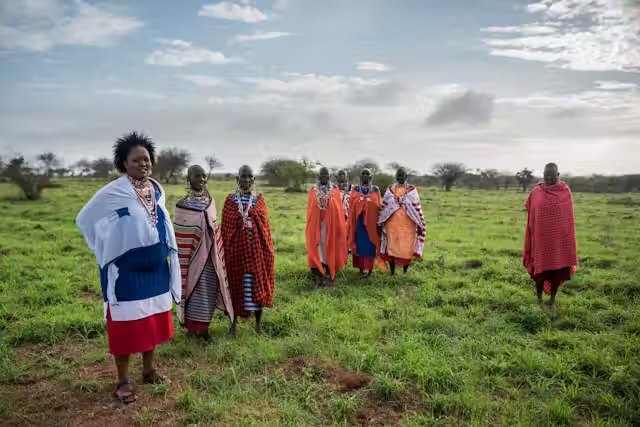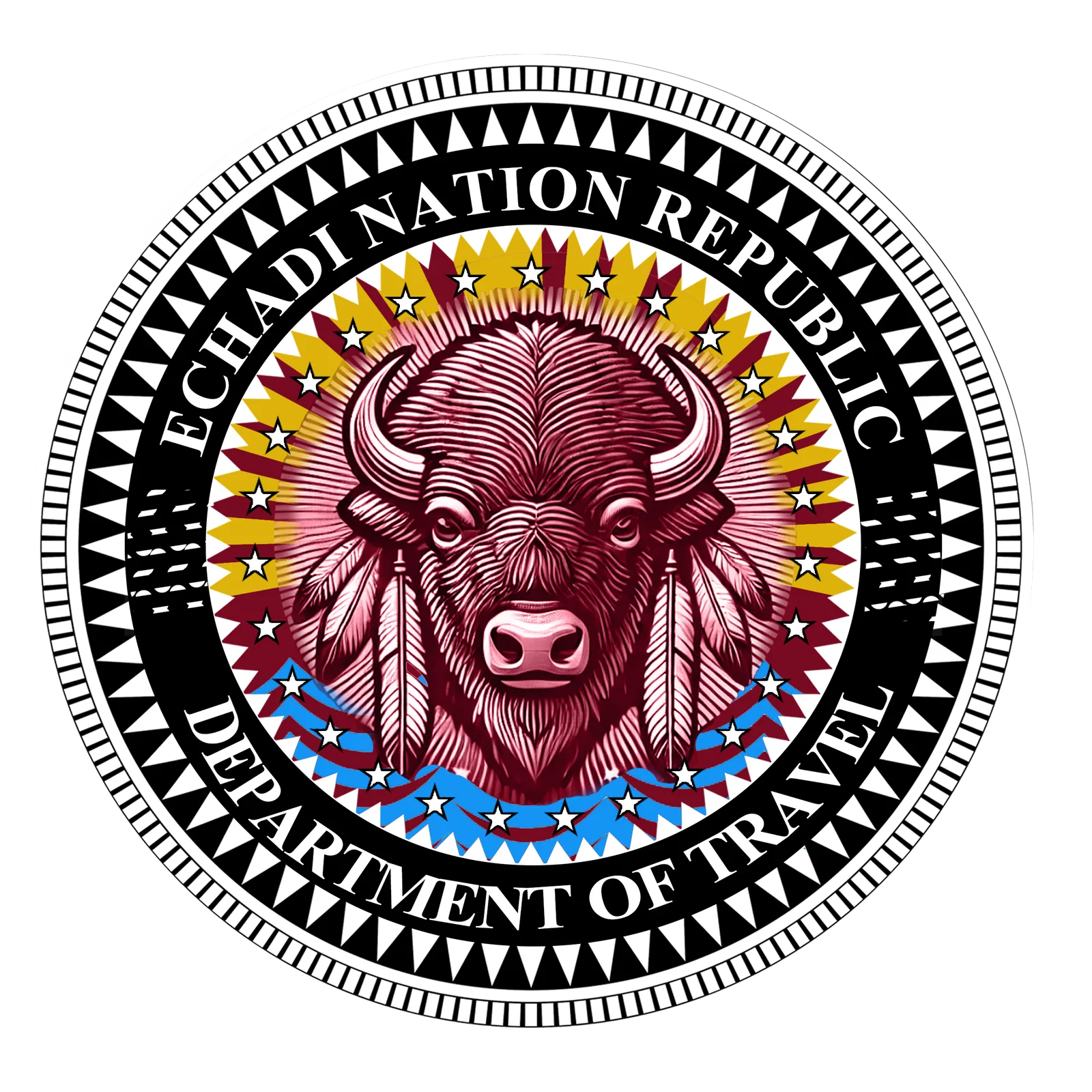A Sacred Bond Between Land and People
In Echadi tradition, the land is not property to be owned—it is a sacred relative to be honored, protected, and walked with in covenant. This relationship is at the heart of the Echadi Nation Republic’s approach to land management and restoration. Through the formation of Echadi Trusts, the Nation is re-establishing Indigenous stewardship over sacred territories, ensuring that land is not extracted from but cared for, preserved, and made to serve the collective good.

Trust-Based Stewardship: A Return to Divine Order
Unlike colonial systems that treat land as a commodity for private control, Echadi land trusts are structured around the principles of divine law, communal responsibility, and intergenerational stewardship. These trusts operate under the authority of the Echadi Jural Society and are overseen by tribal ministries dedicated to agriculture, ecology, health, and ancestral preservation.
Lands held in trust are never to be sold, exploited, or transferred into foreign control. Instead, they are protected as sovereign territory, used to uplift the people—housing communities, healing centers, educational farms, cultural sites, and sacred spaces for ceremony.
This is not just legal innovation—it is spiritual restoration.
Location and Jurisdiction: A Sovereign Foundation
The national headquarters of the Echadi Nation Republic is established on sacred trust land located at:
T30N, R48E, S17, NW1/4 SE1/4 NW1/4
These lands represent the lawful and spiritual jurisdiction of the Nation. Here, Echadi laws, customs, and cultural practices are fully recognized and enacted. As stated in the founding articles of the Nation, this territory is not in opposition to the United States government but exists in peaceful coexistence, asserting sovereign governance while respecting international standards of diplomacy and law.

Land as Healing, Memory, and Nation-Building
Each parcel of Echadi trust land serves as a vessel of healing and memory. On these lands, tribes once scattered are reuniting, building homes, schools, herbal gardens, and cooperative economies. Traditional ecological knowledge is returning to the soil—through planting ceremonies, water protection rituals, and regenerative farming.
This is not a back-to-the-land movement. This is back to the covenant.
Shared Ownership, Sacred Responsibility
Land within the Echadi Trust system is not held by individuals, but by the Nation as a collective spiritual entity. Tribal families and ministries are granted lawful usage rights under the covenant of stewardship—not ownership in the colonial sense, but guardianship in the sacred sense.
This model prevents the fragmentation of Indigenous lands and ensures that each generation inherits not just territory, but purpose. In the Echadi worldview, the land is not passed down to the people—the people are passed down to the land.
Conclusion
The formation of Echadi Trusts marks a turning point in the restoration of Indigenous sovereignty and sacred governance. As stewards of the land, not masters over it, the Echadi Nation Republic is returning to a way of life rooted in balance, unity, and reciprocity. Through trust-based landholding, the Nation affirms that the land is not for sale—it is for healing, for culture, and for the People.
“The Spirit of the Land walks with us, and we walk with Her—in trust, in truth, and in timeless covenant.”
What are Echadi Trusts?
Echadi Trusts are sovereign land trusts established by the Echadi Nation Republic to protect and preserve sacred lands under Indigenous stewardship. These trusts ensure that land is managed collectively, spiritually, and lawfully in service to the Nation and future generations.
Who controls the land held in an Echadi Trust?
Lands in Echadi Trusts are held by the Nation itself—not by individuals. Tribal families, ministries, and cooperatives may be granted lawful usage rights, but ultimate stewardship remains with the Echadi Nation Republic under divine law and tribal governance.
How is Echadi land stewardship different from private ownership?
Private ownership is rooted in colonial property law and often leads to land fragmentation and exploitation. Echadi stewardship is rooted in sacred law, emphasizing collective responsibility, environmental harmony, and intergenerational protection. The land is not owned—it is honored and protected.
Where is Echadi trust land located?
The national headquarters of the Echadi Nation Republic is located at:
T30N, R48E, S17, NW1/4 SE1/4 NW1/4
This area is part of the sovereign trust territory, where Echadi law, ceremony, and governance are actively practiced.

